Tanta University becoming innovation hub, putting services to wider society , national economy into sharp focus
When Egyptians headed to the polls in December of last year to select their country’s president for the next six years, tens of thousands of students of Tanta University were at the forefront of those casting their ballots.
The students’ march from their university’s campus to different polling stations across Tanta, an hour and a half drive from the centre of Cairo, made the largest electoral show in the history of the city, the fifth largest populated area in Egypt.
Noticeable in this show was the fact that members of the public of all social strata joined in the students, giving insights into one of Tanta University’s aspiring missions at present: leading by example and playing a leading role in society.
The university’s current administration does this in the political field as well as in other fields, including in the scientific one.
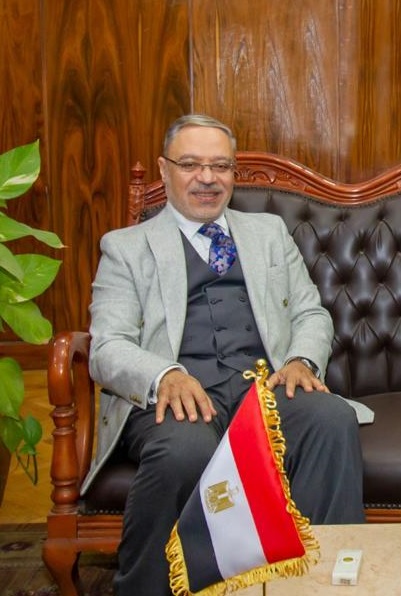
In mid-January, the University’s President, Mahmud Zaki, conferred with some of his aides and spoke with full force and enthusiasm about the support his university should offer innovative students and their research projects in the different fields.
“I want to know the number of innovations our students have made by just hitting one button,” Zaki said, addressing his aides.
“I want one and unified body to deal with these innovations; no duplication, no hindrances on the road,” he added.
Deep under the force with which Zaki spoke were the goals of his administration of the university.
An engineering professor, with a distinguished teaching record at Ohio University, Zaki wants his university to be part of the national digital drive.
Tanta University has moved a long way on this track. It has an interactive website that offers all types of services to the students and the teaching staff members.
The university has transformed almost all its operations to a digital form, which has qualified it to win several local and international institutional governance awards.
Its support to innovation is also exemplary. This support, Zaki said, starts with discovering innovative students and giving them the necessary encouragement to develop their innovative ideas and skills.
“We then offer training to these innovative students before we introduce technical and logistical support to their innovative projects,” he told
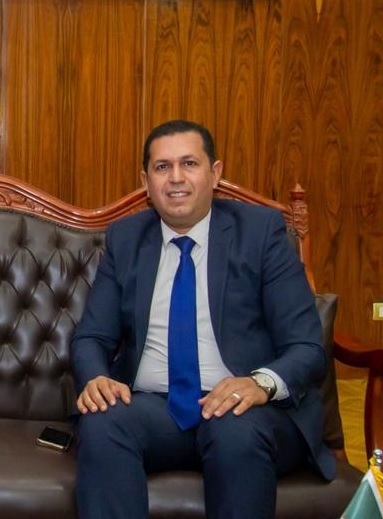
The university then offers the necessary financial support to innovative research projects before making the required link between innovative students and people in the business and industrial sectors.
Some of the research projects have already been applied, solving one of the toughest riddles facing scientific research in this country: applying scientific research in actual terms and turning it into a boon to the economy.
This is what is special about Tanta University, an educational institution that aspires not to be confined to its own campus and get out of this campus to serve the wider society.
The university organises medical convoys that offer medical treatment to tens of thousands of people across Tanta every day.
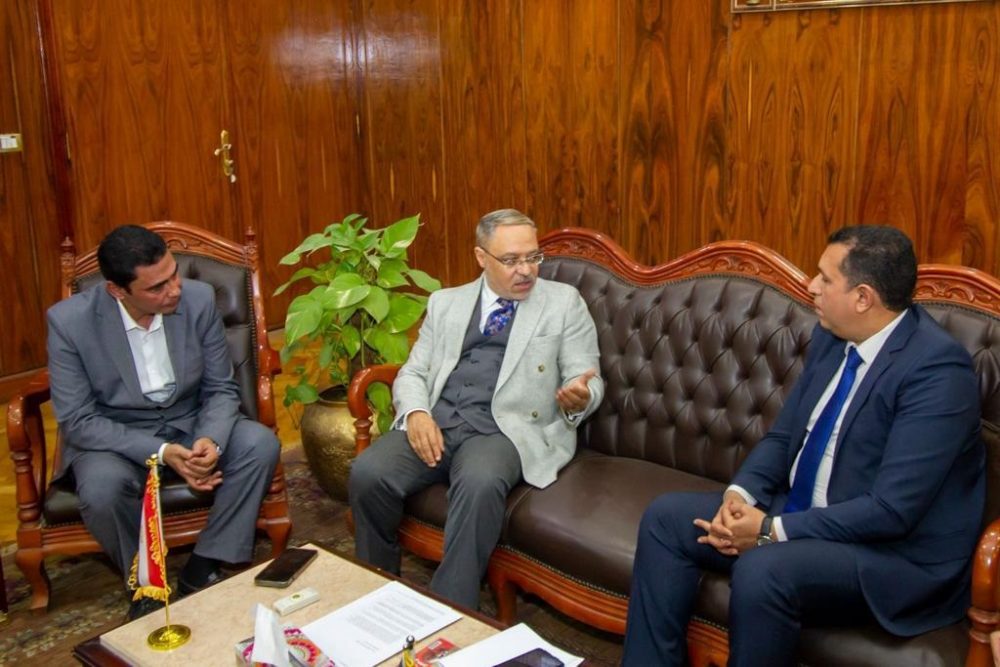
So far, the university has organised over 1,000 convoys in all medical specialities, one from which tens of thousands of people have benefited so far for free.
The university also has a gigantic literacy programme that has given classes to almost half the number of illiterate people in Tanta.
It also participates in the presidential Decent Life initiative, which – among many other things – offers support to poor citizens and those with limited income across Egypt.
The number of people benefiting from the initiative amounts to almost 60% of Egypt’s population of 105 million and Tanta University just wants to be part of the services offered all these people.
“These services are transforming the whole society,” Zaki said. “They are changing the lives of people to the better.”
Change for the better appears to be central to the thinking of Zaki’s administration.
He and his colleagues in this administration do what he describes as ‘positive communication’ with the students every now and then.
They address them about the different issues of their country and its aspirations for the future.
The aim of this positive communication, he said, is to educationally and culturally equip the students for their career life.
Preparing the students for their career life is also an important tenet of Zaki’s thinking.
As a man sitting on top of an educational institution with over 6,000 teaching staff members and over 120,000 students, Zaki wants to build an outstanding employment reputation for his university, along with its academic reputation.
He wants to ensure that after graduation, Tanta University’s students will find suitable jobs and carve a niche for themselves in the career market.
“This is very important for our university’s employment reputation,” Zaki said.
“We do not perceive ourselves as a mere educational institution, but a force of change in society,” he added.
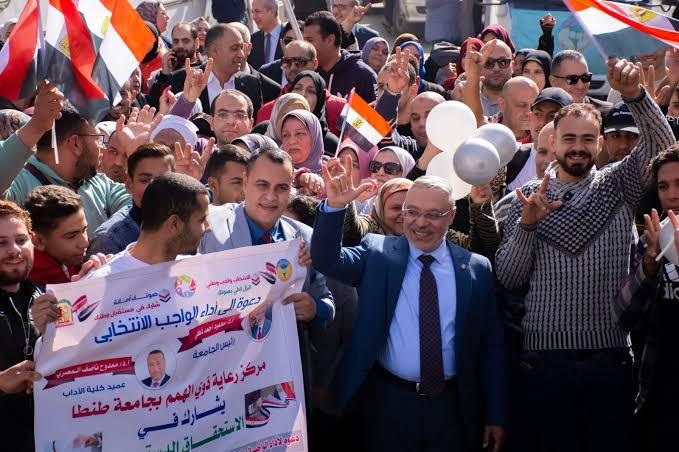



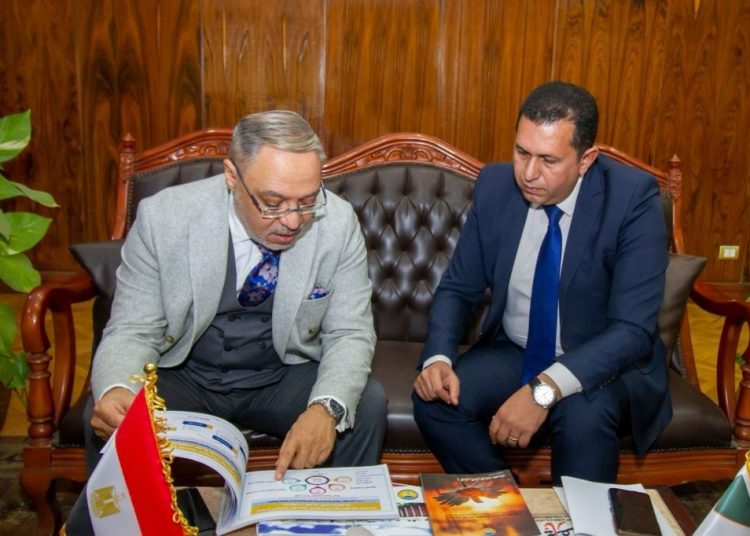


Discussion about this post